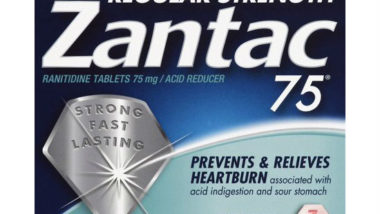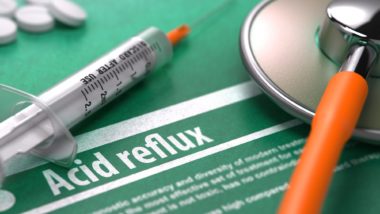 A number of recent scientific studies indicate an association between popular heartburn medications, such as Prilosec and stomach cancer risk.
A number of recent scientific studies indicate an association between popular heartburn medications, such as Prilosec and stomach cancer risk.
Prilosec, known generically as omeprazole, belongs to a class of medications known as “proton pump inhibitors,” or PPIs. Available in both prescription and over the counter versions, PPI medications have been implicated in a wide range of side effects that include kidney damage, stroke, ascites (fluid retention), heart disease, dementia and osteoporosis in addition to elevated risk of stomach cancer.
The central question in a number of injury lawsuits against drug manufacturers that produce PPIs is whether or not these companies were aware of the potential for injury – and if so, why they failed to warn patients and health care providers.
About PPIs
Proton pump inhibitors were designed to reduce the production of stomach acid.
Currently, there are three drugs in this class that have been approved by the Food and Drug Administration. In addition to Prilosec, these include Nexium (esomeprazole) and Prevacid (lansoprazole). While the chemical structure of these medications varies slightly, medical scientists have been unable to determine whether any of them has greater efficacy over the others.
PPIs were originally developed in the 1980s in the wake of the discovery of the “proton pump” and its role in the production of acid secretion. In simple terms, these drugs act by preventing this cellular pump mechanism from functioning. By reducing the amount of acid produced in the stomach, patients can get temporary relief from symptoms associated with heartburn, ulcers, or reflux disease.
On the other hand, long-term use can raise pH levels in the stomach, making the environment more alkali and killing off beneficial acidophilic gut flora while allowing harmful bacteria to thrive.
Prilosec and Stomach Cancer
A study published in the medical journal Gut in November 2017, found that long-term use of PPI medications could increase the risk of stomach cancer by as much as 250 percent.
Prilosec and stomach cancer risks appear to be tied to the Heliobacter pylori bacterium, which exists in the gastrointestinal tract of approximately 50 percent of the world’s human population. Most who carry this bacterium suffer no ill effects, but it has been associated with stomach cancer in a small number of people. Specifically, the Prilosec and stomach cancer connection appears present when patients with an H. pylori infection take the medication over an extended period of time.
It should be noted that when used on a short-term basis (under twelve weeks), a course of treatment with a PPI medication can be effective in clearing up an H. pylori infection, particularly when used judiciously in combination with antibiotics. Dangerous side effects begin to result when the patient uses a PPI for longer than three months, however.
Unfortunately, PPIs are among the most commonly-used medications in the world. People often take them regularly to treat conditions that might respond better (and more safely) to changes in diet and lifestyle. Doctors are now recommending that people who are treated for gastrointestinal disorders with PPIs use such medications no longer than absolutely necessary.
ATTORNEY ADVERTISING
Top Class Actions is a Proud Member of the American Bar Association
LEGAL INFORMATION IS NOT LEGAL ADVICE
Top Class Actions Legal Statement
©2008 – 2026 Top Class Actions® LLC
Various Trademarks held by their respective owners
This website is not intended for viewing or usage by European Union citizens.
E-mail any problems with this form to:
[email protected].
Oops! We could not locate your form.












